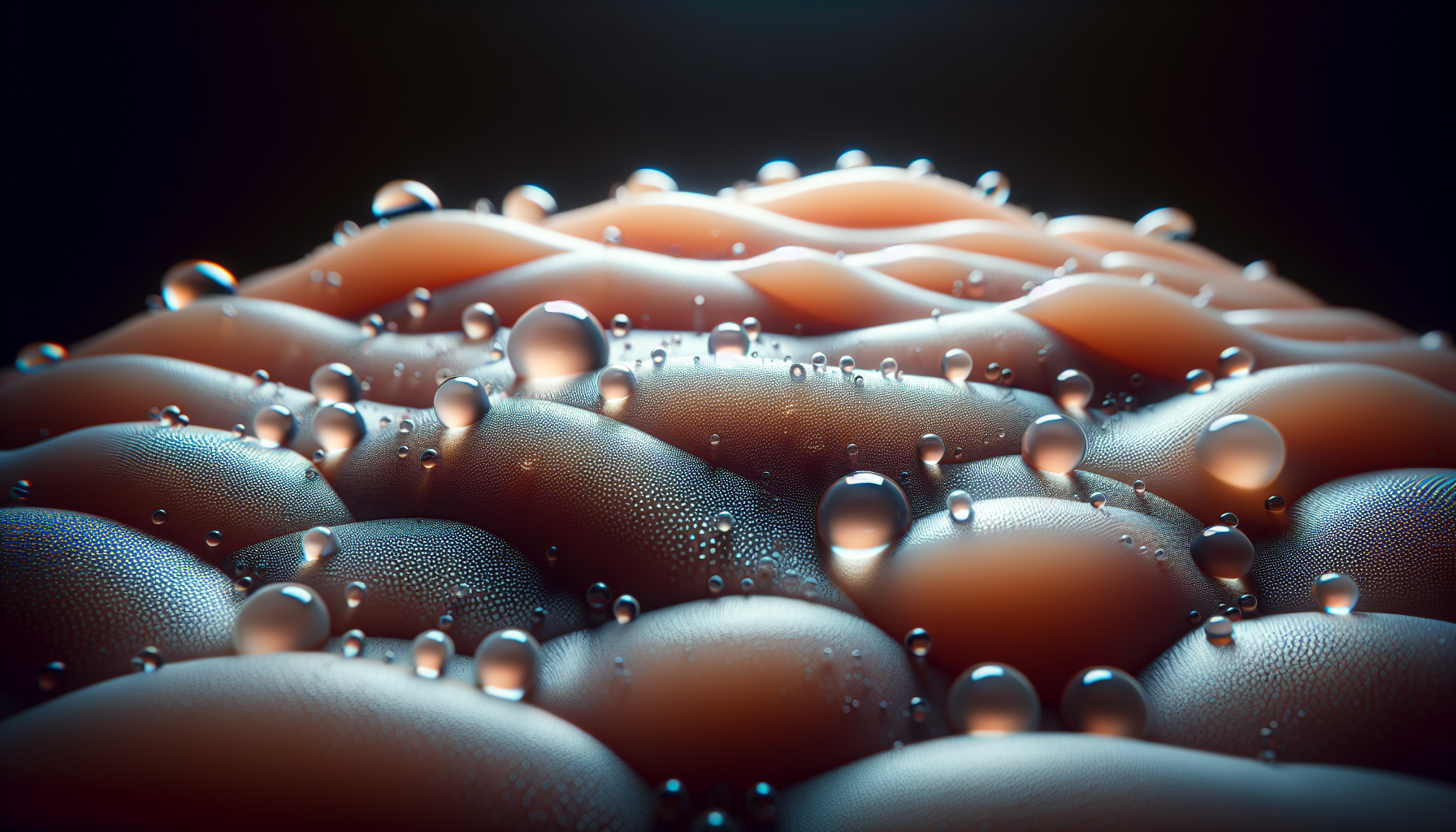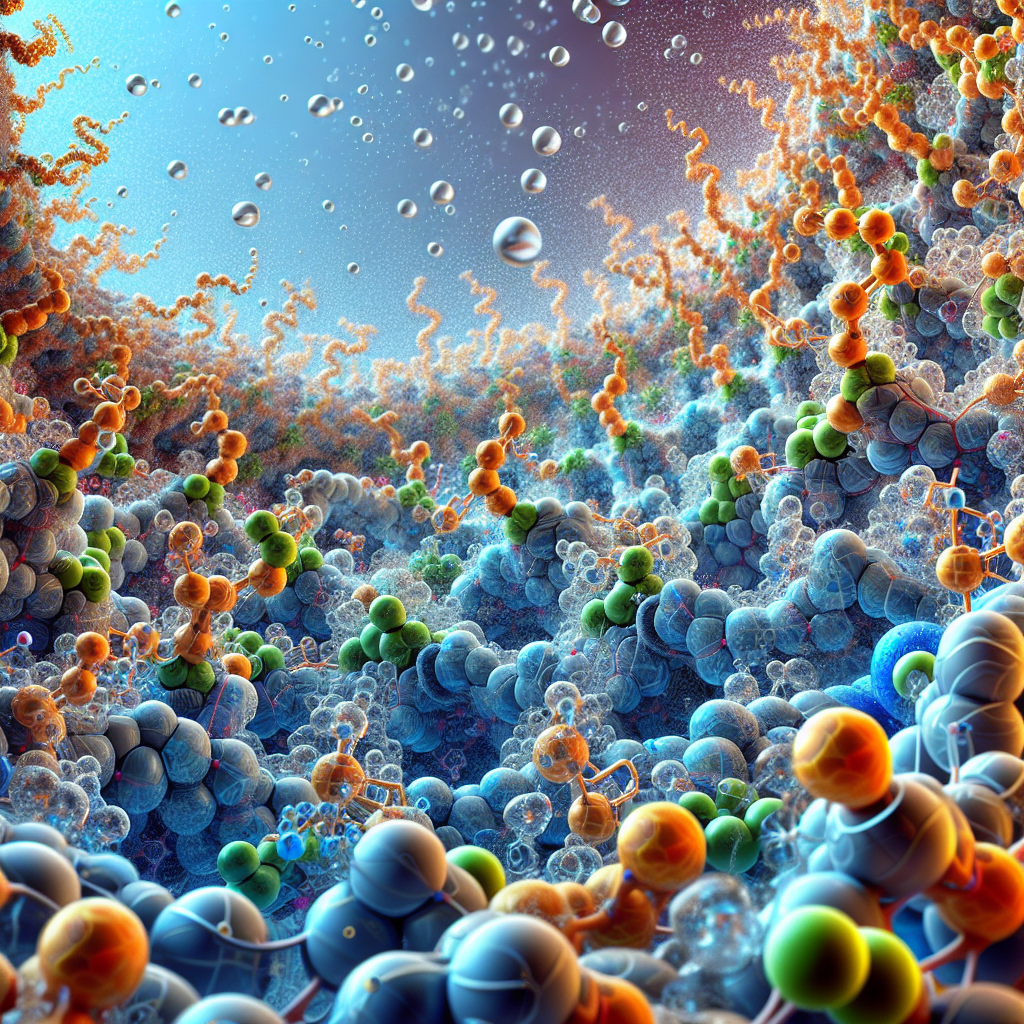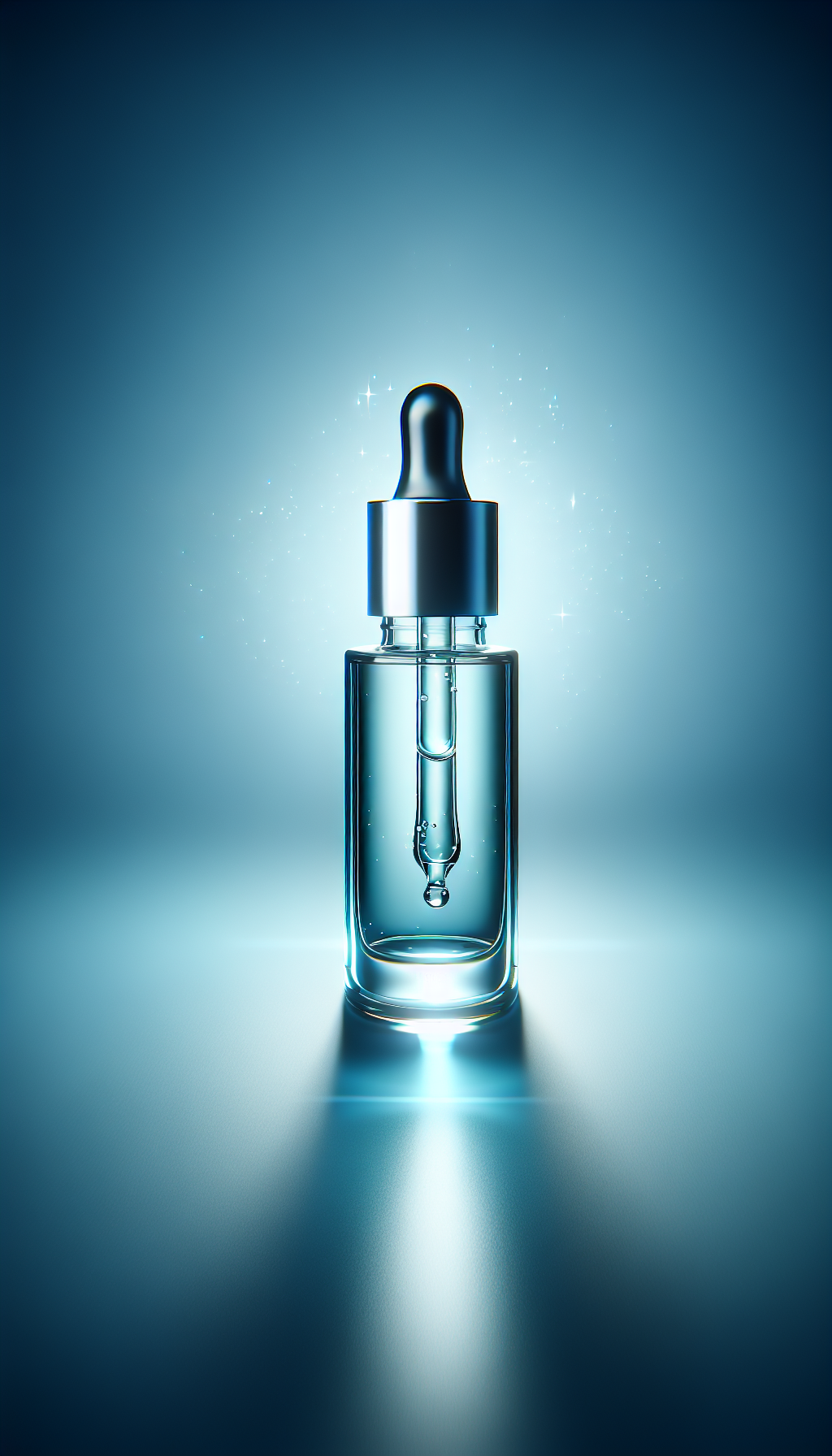Hyaluronic acid, a naturally occurring polysaccharide found in the human body, has become one of the most buzzed-about ingredients in the world of skin care. Known for its stunning capacity to attract and hold vast amounts of moisture, this powerhouse molecule is to credit for giving skin a plump, hydrated, and youthful appearance. In this comprehensive exploration, we will delve into the science behind hyaluronic acid and its multifaceted benefits for the skin.
What is Hyaluronic Acid?
Hyaluronic acid (HA) is a glycosaminoglycan, a fancy term for a vital natural substance that’s part of skin’s youth-supporting matrix. As the main component of what gives your skin structure, HA’s primary function is to retain water to keep your tissues well lubricated and moist.
The Science of Hyaluronic Acid and Skin Hydration
The real magic of this ingredient lies in its ability to retain over 1,000 times its weight in water within the cells of skin, making it an excellent moisturizer. Scientific studies demonstrate that hyaluronic acid is not only good for your skin’s hydration levels but also helps maintain skin elasticity, combat oxidative stress, and can even promote wound healing.
How Aging Affects Hyaluronic Acid Levels
Although HA is abundant in our youth, the amount of hyaluronic acid in skin diminishes with age, most notably after the age of 40. Decreased levels of HA can lead to a loss of moisture, firmness, and elasticity, which is why incorporating HA into your skincare routine is beneficial, particularly as you age.
Topical Application vs. Ingestion
Hyaluronic acid can be introduced to the body in various forms – as a topical serum, an oral supplement, or even through injections. Topically applied HA is most effective for hydrating the skin, while injections can replace HA lost naturally during the aging process, commonly used as dermal fillers.
For more on the importance of maintaining skin health, particularly as it relates to age, visit Skin Health.
Benefits of Hyaluronic Acid for the Skin
Intense Hydration
First and foremost, HA brings moisture to the surface of your skin. Because of its ability to draw and hold water, it can be used as a humectant in your skincare regimen, keeping skin hydrated and supple.
Enhanced Lipid Barrier
Hyaluronic acid fortifies the skin’s natural barriers to help lock in moisture, which can help slow down the deterioration of the lipid barrier and protect against external factors like UV rays, pollution, and other irritants.
Increased Resilience
By enhancing the skin’s natural barriers, HA can help boost skin’s defense against environmental age-factors and pollutants.
Tighter Skin Tone
HA helps with the appearance of tightness in the skin. When skin is protected and hydrated, increased cell production can take place, as the skin isn’t busy fighting for hydration. This leads to smoother, plumper skin cells.
Smoothing of Texture
Similarly, the hydration that HA provides helps skin appear more dewy and younger because it improves skin elasticity.
Clarity and Prevention of Acne
Hyaluronic acid has a unique non-clogging property that helps reduce the incidence of breakouts.
Pigmentation
When the skin’s barrier is optimized, as HA ensures, the skin is more resistant to pigmentation caused by environmental exposure.
For a deeper understanding of how environmental factors affect the skin, consider reading Ways to Combat Environmental Skin Damage.
How to Use Hyaluronic Acid in Your Skincare Routine
Choosing the Right Product
When selecting a hyaluronic acid product, consider the form of HA used. There are different “weights” of HA, which will penetrate the skin to different degrees. The most effective serums use a combination of high- and low-molecular-weight hyaluronic acids to hydrate skin layers at multiple levels.
Application Tips
For best results, apply hyaluronic acid serum onto damp skin and then seal it in with a moisturizer and oil. This ensures that the moisture from the HA isn’t being pulled out of your skin in an attempt to hydrate the surface.
For more tips on moisturizing for different skin types, read Choosing the Best Moisturizers for Different Skin Types.
Complementary Treatments and Lifestyle Choices
Nutrition and Hydration
A diet rich in antioxidants can help the body produce hyaluronic acid naturally. Foods such as root vegetables, soy, and leafy greens are beneficial. Adequate water intake is also essential for maintaining HA levels.
Complementary Skincare Ingredients
Incorporate ingredients like vitamin C and retinol, which can boost the effectiveness of hyaluronic acid and provide additional anti-aging benefits.
Professional Treatments
Professional treatments, such as microneedling and laser therapy, can help increase the skin’s HA content and should be considered as part of a comprehensive skincare strategy.
External Resources and Further Reading
For individuals looking for academic and niche resources on the topic, the following links provide deeper insights into the scientific research and benefits of hyaluronic acid:
- A study on the anti-aging properties of HA and its potential in topical skin care.
- An article discussing the role of HA in skin hydration and the latest advancements in HA skincare formulations.
- Research overview on hyaluronic acid’s role in skin health and its therapeutic applications in dermatology.
Conclusion
Hyaluronic acid is more than just a trend in skincare; it’s a critical ingredient for maintaining moisture, elasticity, and overall skin health as we age. By utilizing HA in your skincare routine, you can help mitigate the visible signs of aging, protect your skin from environmental stressors, and keep your complexion looking its best.



